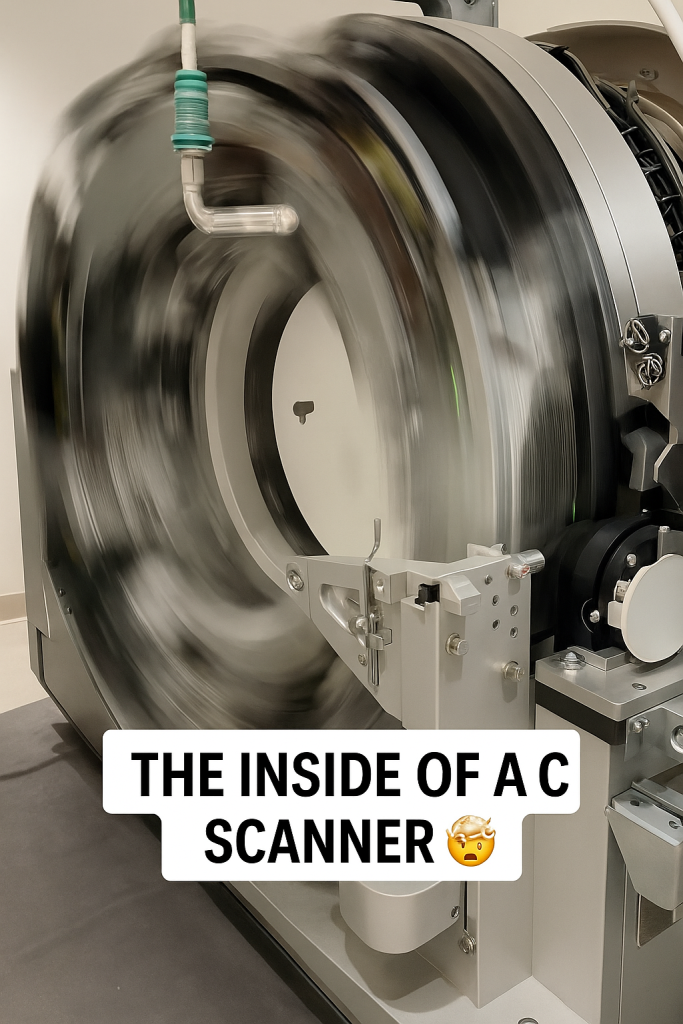In 2024, a peculiar phrase has taken social media by storm: “All of that spins around your head”. This simple yet evocative expression has become a viral sensation, reflecting a growing fascination—and frustration—with the dizzying pace and complexity of modern life. But what exactly is behind this phrase, and why does it resonate so deeply with people worldwide?
At first glance, “all of that spins around your head” might sound like a casual comment about feeling overwhelmed. However, the phrase has quickly evolved into a metaphor for the sensory overload many individuals experience in today’s hyper-connected, fast-moving world. From breaking news flooding multiple channels simultaneously to the relentless stream of social media updates, countless users report that their mental state feels like it’s literally spinning.
The Science Behind the Dizzy Feeling
Recent studies have shed light on the neurological causes behind feelings of dizziness, disorientation, or the sensation that your thoughts are spinning uncontrollably. Factors such as stress-induced vertigo, digital overstimulation, and even vestibular disorders are being explored in the context of our modern media environment.
Experts suggest that when the brain processes too much conflicting information, it can lead to sensory confusion—akin to motion sickness—which manifests as a spinning sensation. This is compounded by widespread anxiety and information fatigue, a psychological condition triggered by excessive data consumption. The result? A dizzy mind, struggling to keep pace with the relentless swirl of news, opinions, and notifications.
“It’s a real phenomenon,” notes a cognitive neuroscientist. “Our brains are not built for the volume and speed of input they now receive. The sensation of ‘things spinning in your head’ is both a metaphor and a very real neurological response to overload.”
Viral Social Media Trends Reflect the Collective Experience
Social media users worldwide have been sharing posts, memes, and videos using the phrase “all of that spins around your head” to express moments of overwhelm. Some clips humorously depict people literally spinning or using creative visuals to simulate dizziness, while others capture the emotional exhaustion stemming from worldly events and personal challenges piling up all at once.
This trend has prompted conversations about mental health and the importance of digital detoxes. Wellness advocates encourage people to step back from screens, prioritize mindfulness, and reduce exposure to stressful stimuli to regain mental balance.
Real-Life Examples Driving the Metaphor
In recent months, global events—ranging from volatile economic forecasts and geopolitical tensions to rapid technological changes—have contributed to a collective sensation of instability. Many feel like the world is literally spinning out of control, thus lending real-world context to the metaphor.
On a personal level, individuals juggling work-from-home demands, family responsibilities, and a constantly shifting social landscape report heightened stress levels and moments where it truly feels “like everything is spinning around your head.”
Looking Forward: How to Navigate the Spin
As the phrase continues to gain traction, experts emphasize resilience-building strategies. Among these:
- Practicing focused breathing and meditation to ground your mind
- Limiting time spent on news and social media outlets
- Engaging in physical exercise to help recalibrate balance and reduce dizziness from overload
- Seeking professional help if feelings of dizziness or overwhelm persist
The viral uptake of “all of that spins around your head”



